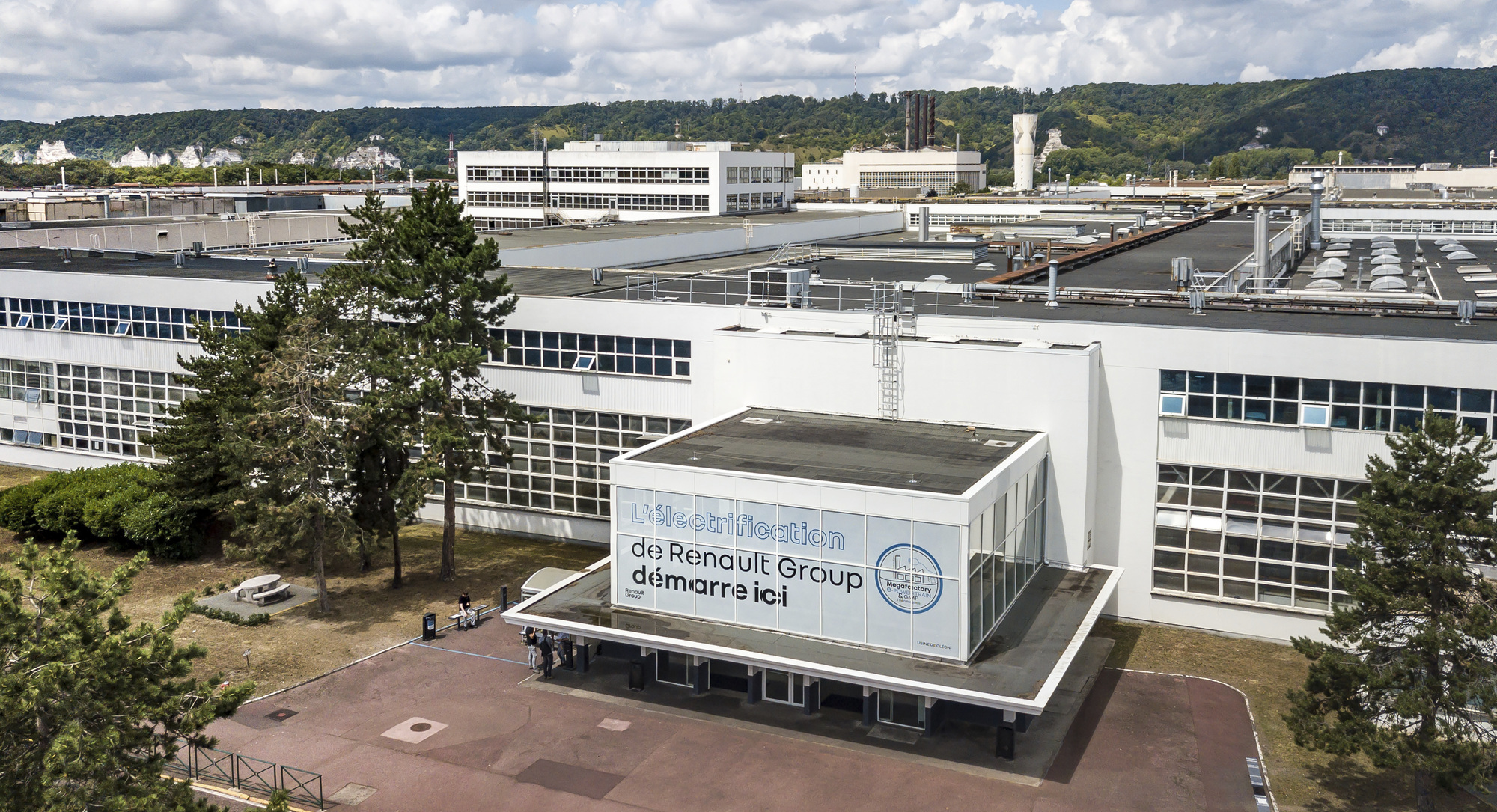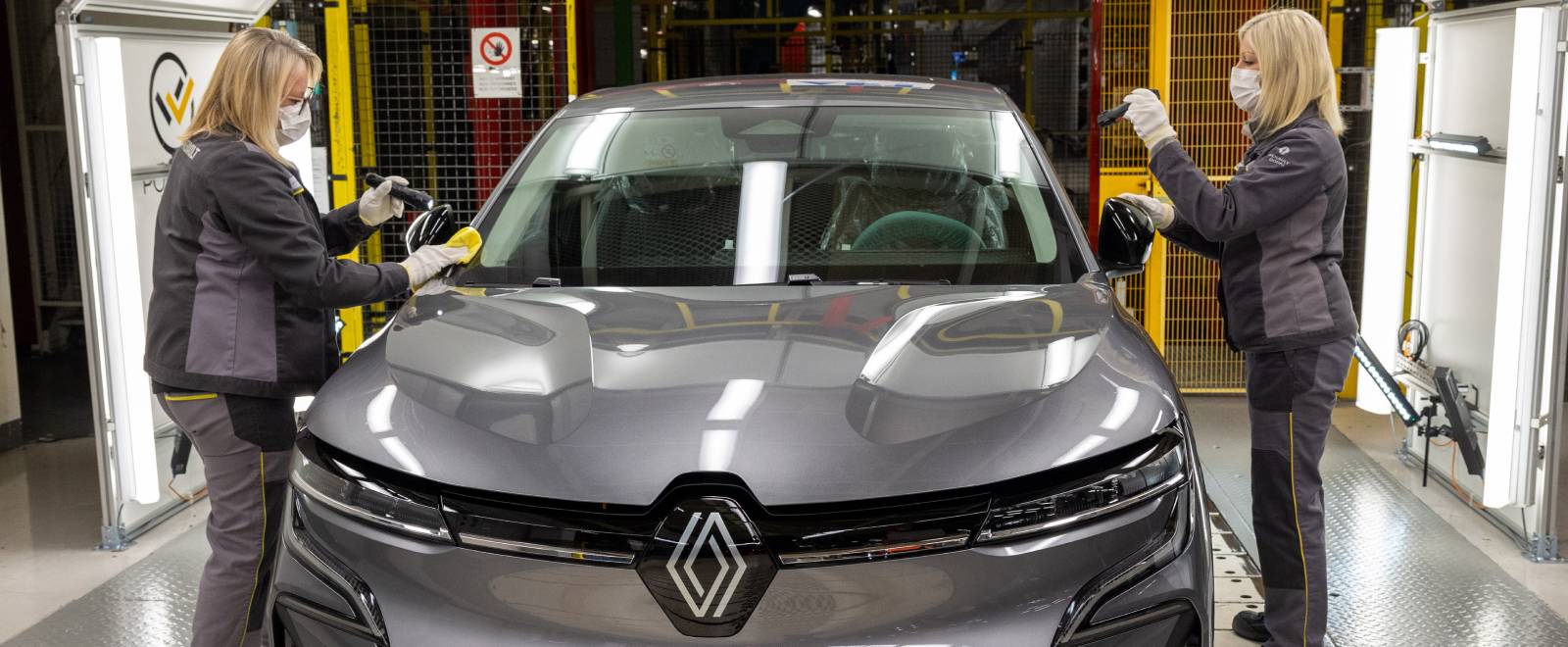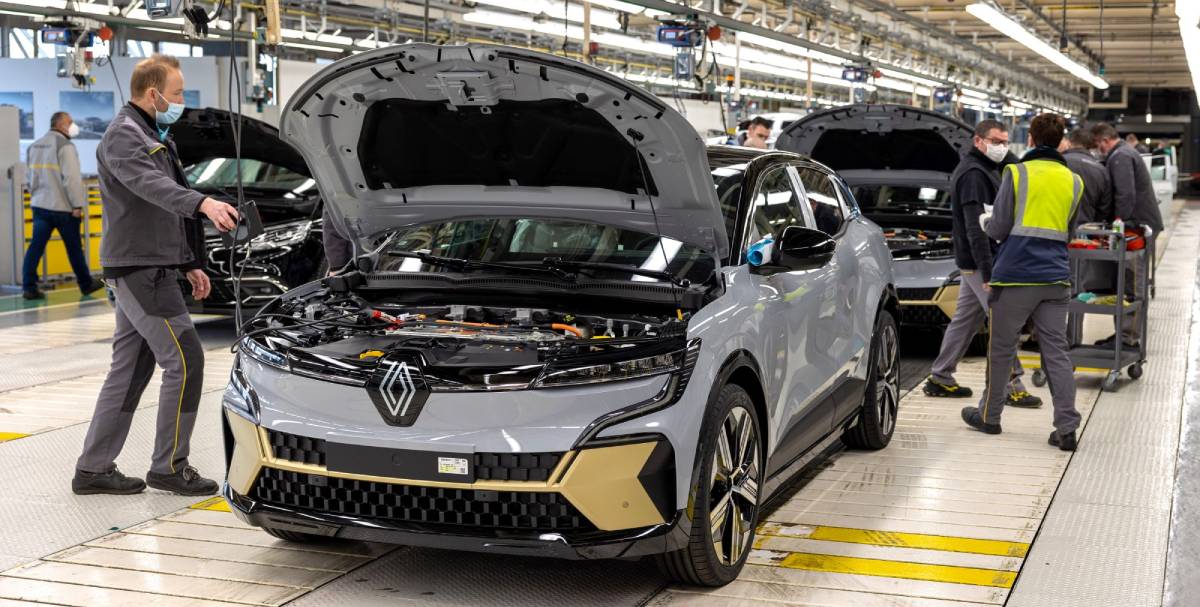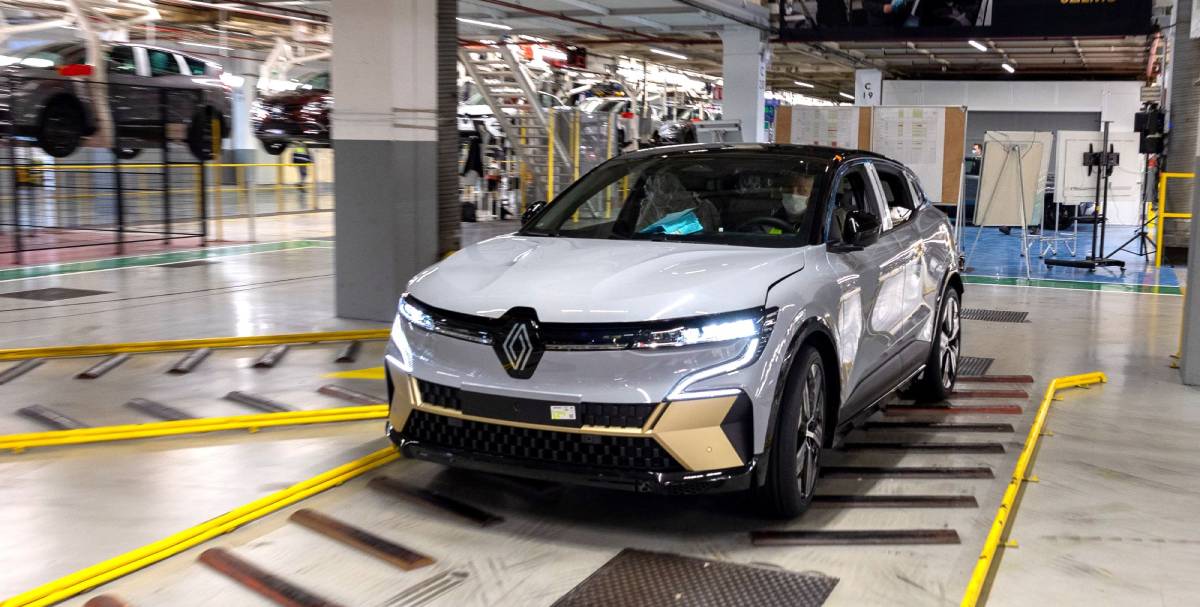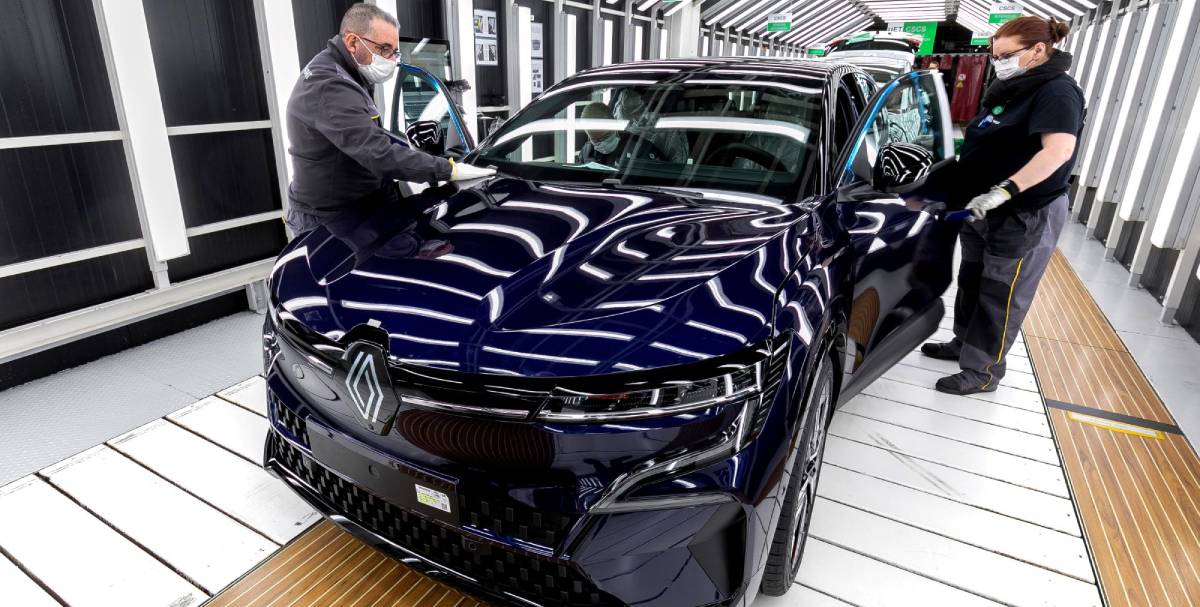

Cutting-edge research and development
With over 10 years' experience in the electric vehicle value chain, Renault Group is a pioneer in the field. Acceleration, braking, torque dynamics, thermal management, load management, software... More than 300 patents have been registered around Mégane E-Tech electric and its CMF-EV platform, for example. A figure that demonstrates the vitality of innovation and the expertise of the engineering teams in France.
To cover a broader spectrum of innovation and share the risks, the company has been pursuing a strategy of horizontal integration, in other words an active policy of partnerships, for nearly 3 years. The aim is to work with the best partners, including many French and European leaders, to make rapid advances in the technologies of the future linked to the energy transition. Examples include the partnerships signed with Whylot (a French start-up in which Renault Group holds a 21% stake) to develop and industrialise on a large scale an innovative axial-flow automotive e-motor, with Airbus to develop new-generation battery systems, and with the CEA to develop a very high-efficiency bidirectional charger. Partnerships are also being developed with the best in the field of software, with Google, Qualcomm and Valeo in particular. But Renault Group also benefits from strong in-house software skills and expertise, following the integration of Intel teams in 2017 and the creation of the Software Factory in 2020. As a result, the Group can call on 2,800 specialist tech engineers, including 1,500 at the Toulouse and Sophia-Antipolis sites alone.

The teams are also working on the creation of a battery chemistry laboratory at Lardy, Renault's technical centre in Essonne, France. Fully operational by 2025, it will be able to anticipate technological developments in batteries and define the best compromise between performance, cost and durability for future batteries, thanks to a cell prototyping line and several electro-physical-chemical characterisation laboratories. At the same time, the Renault Technical Centre in Lardy is migrating from the validation of internal combustion engines to electric ones.
A centre of excellence for the production of electric vehicles in Northern France
In June 2021, Renault Group announced the creation of Renault ElectriCity, a new entity in the North of France combining the industrial sites of Douai, Maubeuge and Ruitz. The stated ambition is to produce 400,000 electric vehicles a year in France by 2025, to become the most competitive and efficient electric vehicle production unit in Europe.
The Group also announced the creation of a joint venture with Minth Group to produce battery casings for electric vehicles. This joint venture will install two new production lines in Ruitz in 2023, with a capacity of 300,000 battery casings a year by 2025.
The Maubeuge plant is devoted entirely to Kangoo and its derivatives. It specialises in the manufacture of light commercial vehicles in Europe and is fully committed to going electric with the production of the Kangoo E-Tech electric. The Maubeuge plant will assemble the future Renault 4 electric. Finally, the Douai plant is currently producing the Mégane E-Tech electric sedan and has begun production of the very first Scénic E-Tech electric, while awaiting the imminent arrival of the future electric R5.
Located in Normandy, not far from ElectriCity, the Cléon plant is a centre of expertise in the manufacture of electrical and mechanical components. In 2022, it produced more than 315,000 electric motors.

Choosing France to manufacture the batteries of the future
To produce the batteries for its future electric vehicles, Renault Group has chosen two main strategic partners, whose battery factories will be located in France, close to ElectriCity:
AESC, a global player in battery technology and factories. This partner will install a gigafactory in Douai with a capacity of 9 GWh in 2024, with the aim of reaching 24 GWh by 2030. The aim is to produce state-of-the-art, low-carbon, cost-competitive batteries for the Group's electric models, including the future R5.

Verkor, a French start-up pecializing in the development of battery cells, in which the Group has acquired a stake of over 20%. Its future gigafactory in Dunkirk will supply the equivalent of 12 GWh of batteries a year to power the higher-segment vehicles of Renault Group brands, including, from 2025, Alpine’s future 100% electric C-Crossover GT, which will be manufactured in Dieppe, France.

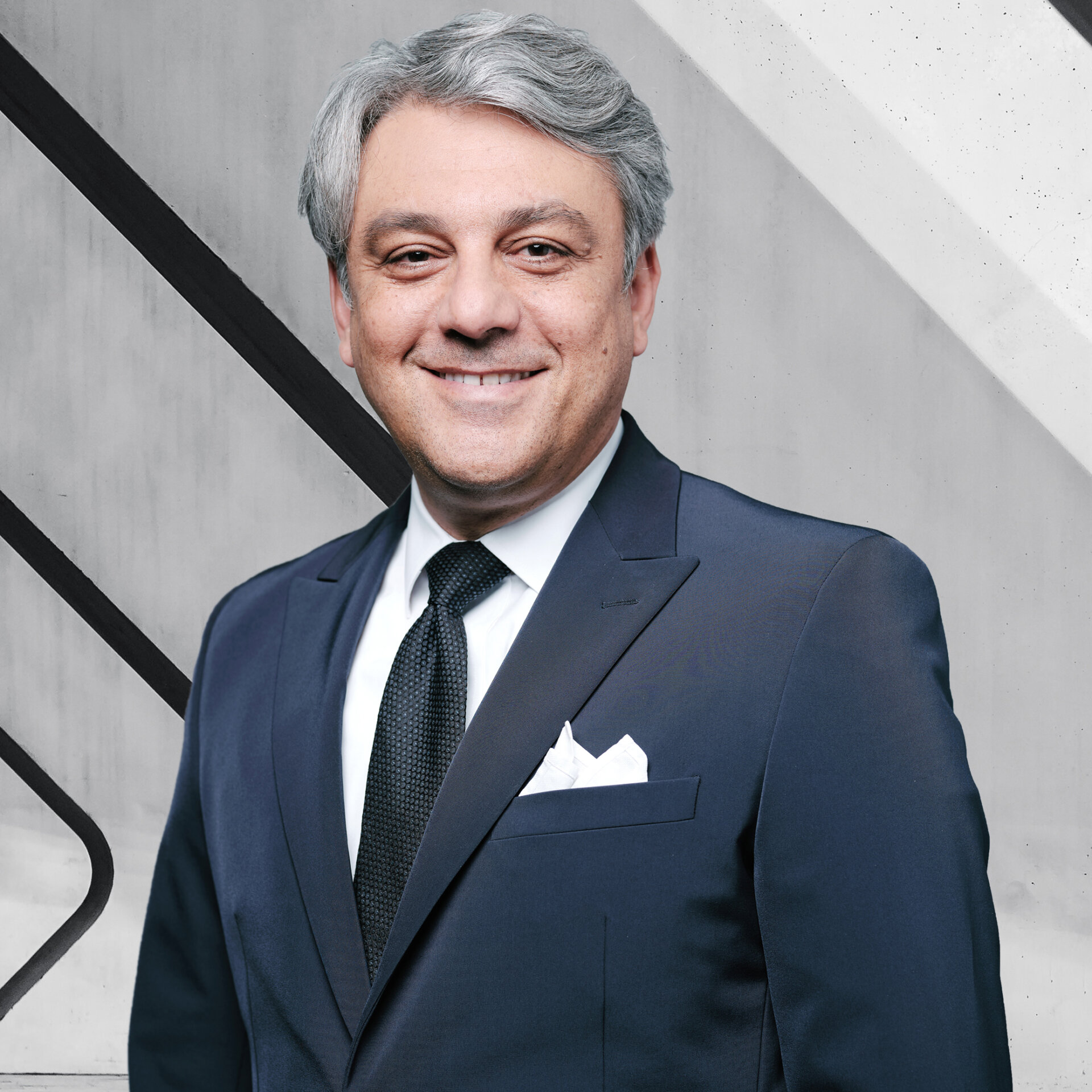
Our battery strategy builds on Renault Group's ten years of experience and investment in the electric mobility value chain. These new partnerships with AESC and Verkor will considerably strengthen our position to ensure the production of one million "made in Europe" electric vehicles by 2030. This is a major step towards boosting our competitiveness, anchoring our Group in the French industrial dynamic and achieving our goal of carbon neutrality. It reaffirms the Group's commitment to producing popular, affordable and profitable electric cars in France.
The combination of these two partnerships with the ElectriCity business hub will create almost 4,500 direct jobs in France by 2030.
Action plans for a greener French industry
In line with the objectives of the European Green Deal and France's ambitions to decarbonise its industry, Renault Group has made commitments to aim for net carbon neutrality in its ElectriCity plants by 2025, in Europe by 2030 and worldwide by 2050. This trajectory of industrial decarbonisation involves photovoltaics, geothermal energy and biomass. To this end, in 2022 the company signed three major partnerships, including the largest green electricity supply contract in France with Voltalia and a deep geothermal project in Douai with Engie.
The cooperation between Renault Group and Verkor is based on a joint roadmap designed to reduce the carbon emissions of the battery manufacturing process by 75% compared with current processes. In its gigafactory, Verkor plans to exploit a steam network located in the port of Dunkirk to recover the heat generated by the activity of the surrounding industries: steelworks, aluminium plant, food processing plant, etc. and French fries’ factory! The gigafactory's industrial processes, in particular the electrode drying ovens, will be able to use this steam directly. This will account for up to half of the site's energy needs, helping to decarbonise the site.
The AESC project in Douai is also paving the way for the production of a low-carbon battery and the development of closed-circuit recycling solutions for production waste and batteries at the end of their life. The aim is to produce state-of-the-art, low-carbon and cost-competitive batteries.
Battery repair, second life and recycling: growing businesses in France
The rise of the electric vehicle is creating new opportunities for the automotive industry. At the end of 2020, Renault Group launched the Refactory in Flins to support the site's transformation towards activities linked to the circular economy. Gaia, a subsidiary based on the site, specialises in repairing batteries to extend their life on board the vehicle. In France, a large number of employees are trained in battery maintenance and operate in around fifteen centres. At the Flins site, the Group has also developed new activities to transform batteries when they are no longer suitable for automotive use. In this way, before the recycling stage, they can be prepared for other uses, such as renewable energy storage, in partnership with Mobilize.

Finally, at the end of the chain, Renault Group's ambition, via its entity entirely dedicated to the circular economy The Future is Neutral, is to become a European leader in closed-loop battery recycling. To achieve this, the company is drawing on its industrial and technological assets and its network of experts, such as its subsidiary Indra, the leader in the treatment of end-of-life vehicles in France, to help collect batteries.
Electric mobility: creating new jobs and developing skills in France
The automotive industry is changing at an unprecedented rate. Vehicles are becoming electrified, connected and equipped with on-board intelligence. These changes require new skills, particularly in data analysis and processing, electrification, maintenance and vehicle recycling. True to its social commitment, Renault Group has launched the ReKnow University in France in 2021 to train its employees, as well as those in the automotive industry, in the new professions of mobility. Since its creation, ReKnow University has trained more than 10,000 people, and by 2025 there will be 20,000 (including 15,000 Renault Group employees).
Backed by this high-tech, competitive industrial base, appropriate training facilities, leading partners and extensive coverage of the electrical value chain in Europe, Renault Group has announced the creation of a new entity in the second half of 2023: Ampere. A future manufacturer of electric vehicles based in France, Ampere will have around 10,000 employees, including more than 3,500 engineers specialising in software. The entity will continue to rely on Renault Group, whose operational and support functions - sales, aftersales, quality, logistics, purchasing, finance, etc. - are fully committed to the electric vehicle revolution.
Read also
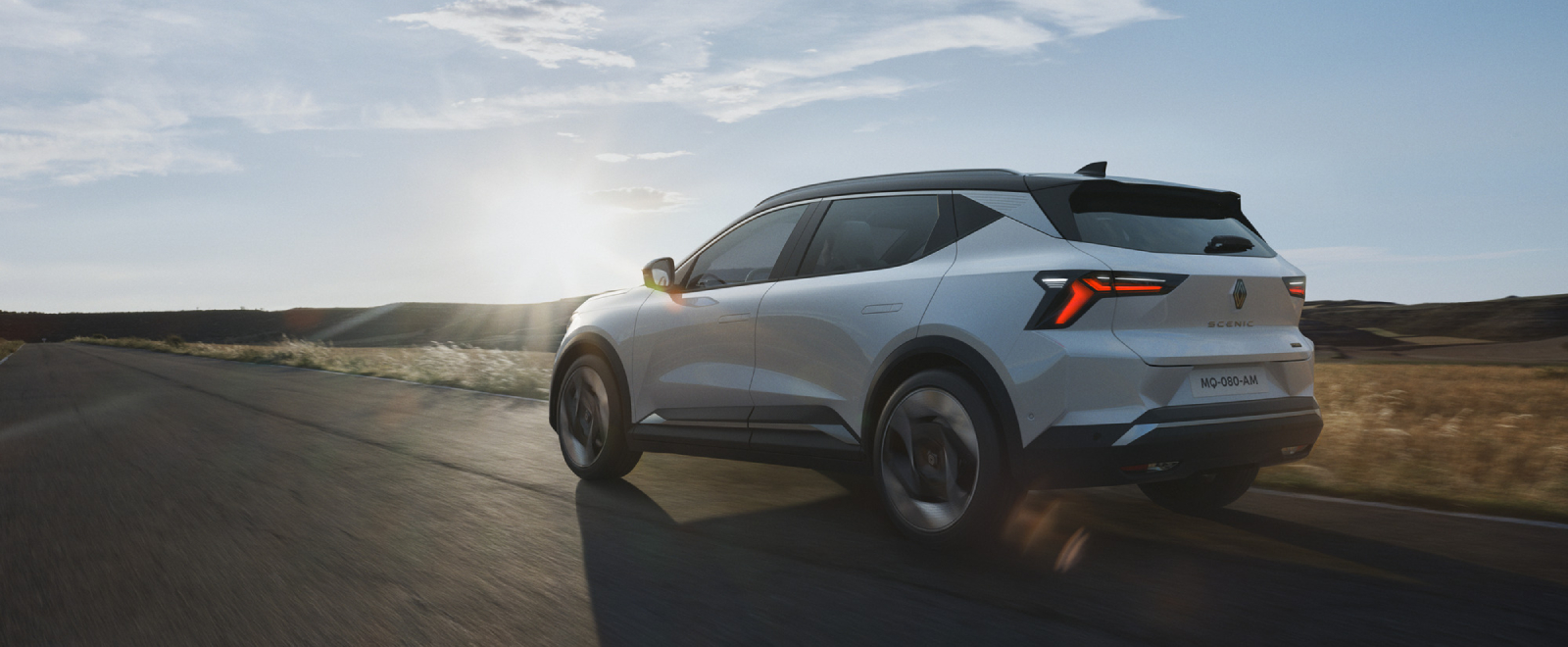
Cléa Martinet answers three questions about the All-new Renault Scenic E-Tech electric’s contribution to a fairer transition
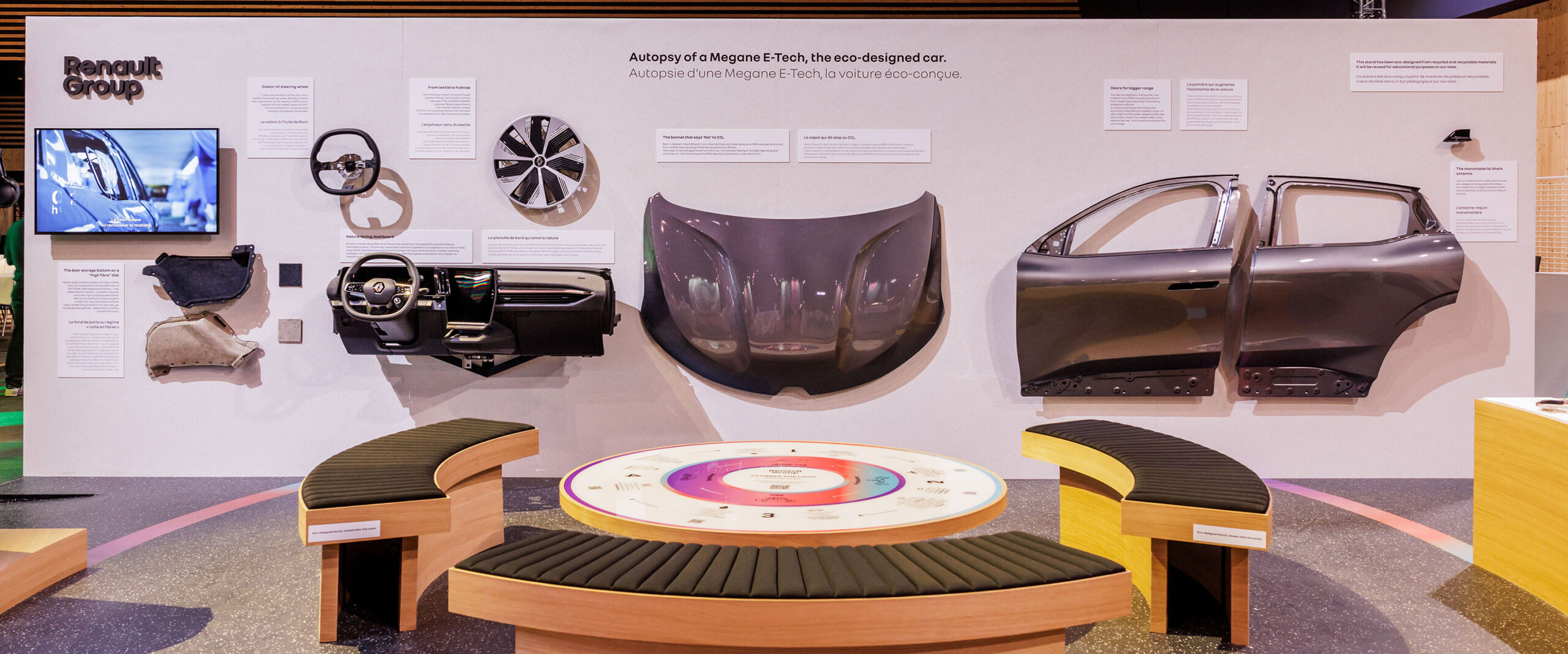
Renault Group dissects its decarbonization strategy at ChangeNOW
